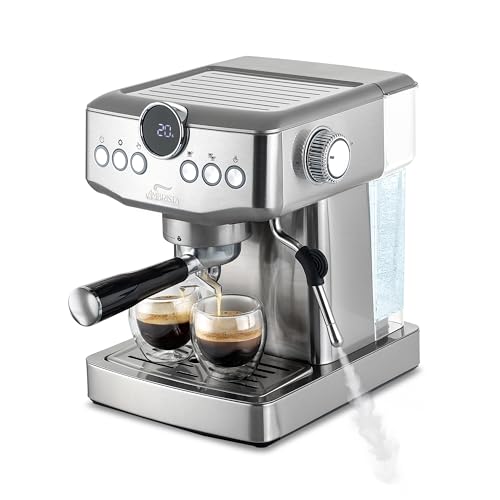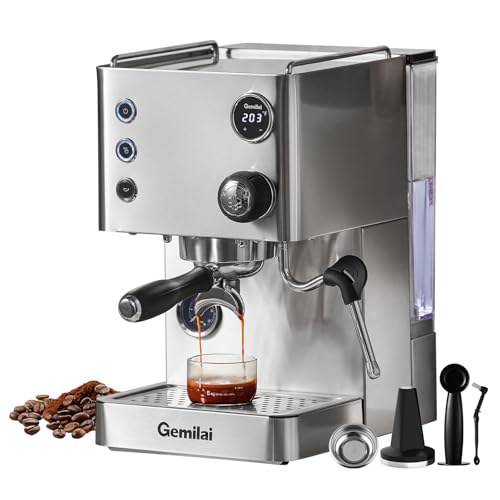We’ve all made a couple of bad cups of coffee. Too sour, too bitter, or just too weak, the good news is that most brewing issues result from a few preventable mistakes. With a bit of insight into what’s going awry, you’ll be on your way to always great coffee.
Let’s walk through the most common brewing mistakes amateur brewers make and how to avoid them.
- Incorrect Grind Size
The most prevalent issue is possessing a grind size that does not match your brewing method.
Too fine for French press? Murky cup in your future.
Too coarse for espresso? Under-extracted, weak shot.
Instruction:
Learn the grind size that each method needs. Grind using a burr grinder for consistent results and tweak as necessary according to taste.
- Not Measuring Coffee and Water
Eyeballing your ratio of coffee to water results in uneven brews. Too much coffee makes the brew too strong, while too little results in a flat cup.
Use a digital scale to measure both coffee and water. Employ the principle of 1:15 to 1:17 ratio—1 gram of coffee to 15–17 grams of water.
- Forgetting Water Temperature
Water that is too hot or cold will ruin the flavor. Boiling water (100°C / 212°F) burns the grounds, and cold water under-extracts flavor.
Aim for 90–96°C (195–205°F). Without a thermometer, let boiling water sit for 30 seconds before pouring.
- Shortening the Brew Time
Cutting down on the brew time or taking too long affects taste immensely.
Under-brewing yields a sour flavor.
Over-brewing produces bitterness.
Solution: Apply the recommended brew times for your method. Use a timer to be precise and make slight adjustments to adjust the flavor.
- Skipping the Bloom Step
When using pour-over or hand brewing, skipping to allow coffee to “bloom” (venting trapped CO₂) means uneven extraction.
Solution: Pour small amount of water to moisten grounds and then wait 30–45 seconds before continuing. This allows the coffee to “breathe” and extract evenly.
- Using Old Beans
Old beans have lost their aroma and flavor. Most beginners use coffee weeks after the roast date, thinking it’s fine.
Repair: Buy freshly roasted beans, ideally whole, and grind immediately before brewing. Enjoy them within 2–3 weeks of the roast date.
- Not Cleaning Your Equipment
Residue oils and stale grounds have a tendency to build up, contaminating the flavor of your coffee and even making it bitter.
Repair: Clean your equipment after each use and perform a deeper cleaning once a week. This includes grinders, filters, and brewing equipment.
Small adjustments
Making great coffee at home is all about attention to detail. By avoiding these common mistakes and understanding how they impact your cup you can improve your brew dramatically.
Small adjustments go a long way. With practice, precision, and a bit of patience, you’ll brew coffee like a pro, right from your kitchen.












